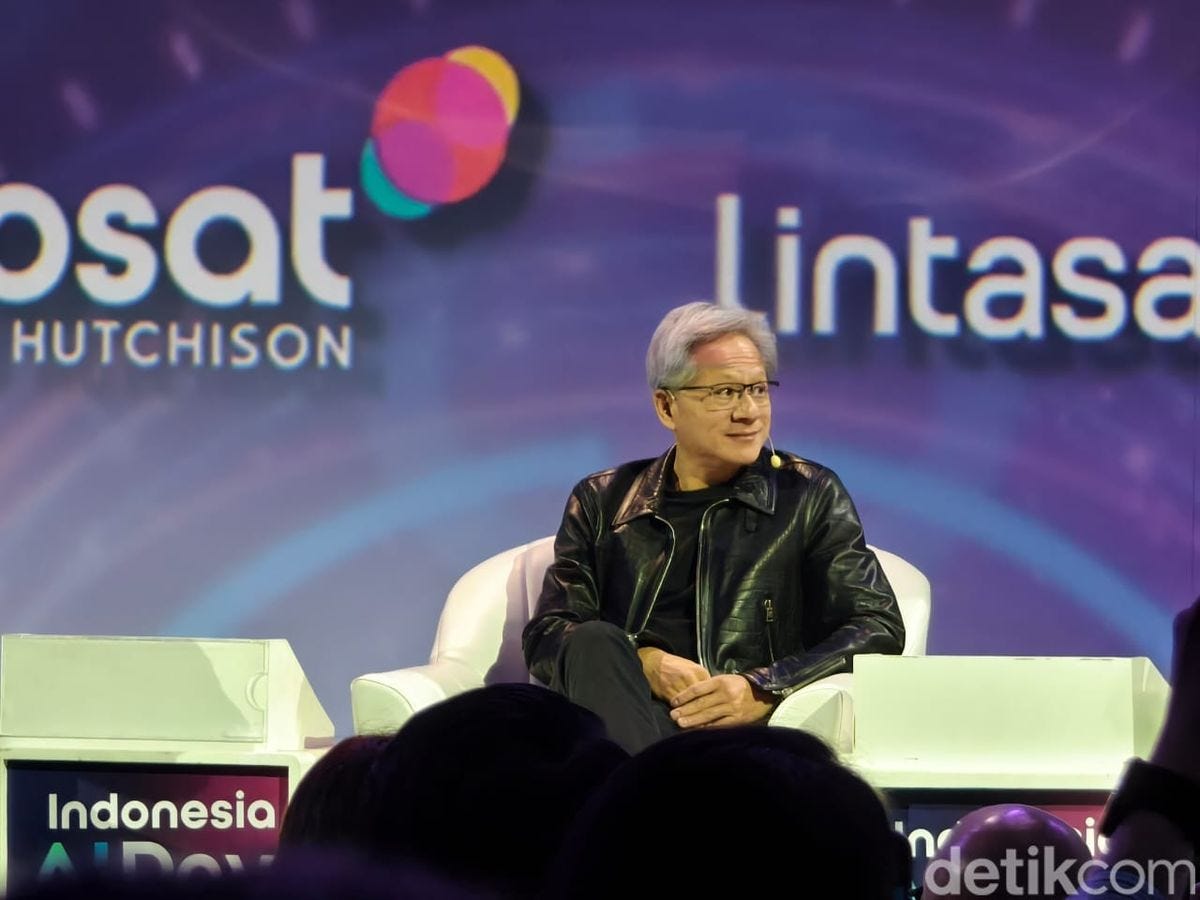Indonesia’s cloud and AI market is up for grabs, and Big Tech smells opportunity
Global tech giants want in on Indonesia’s cloud boom, but patchy power and local rules mean it won’t be easy.
Southeast Asia is in the midst of an AI gold rush, and Indonesia—the region’s largest market and the world’s fourth most populous nation—is right at the center of the action. Global tech giants like the Magnificent Seven, Chinese titans, and ambitious regional players are all investing hundreds of millions of dollars on the country’s digital future.
Indonesia’s booming internet economy is no secret. Fueled by a young, mobile-first population, Indonesians are deeply embedded in the digital world—whether it’s ride-hailing, e-commerce, social media, or digital banking. Apps like Gojek, Grab, Shopee, TikTok, and a growing wave of fintech platforms are now essential to daily life in urban centers.
This explosion of digital activity is intensifying the demand for robust cloud computing and local data centers capable of handling advanced machine learning and real-time analytics, which are some of the key components of AI.
But while Indonesia offers enormous potential, scaling cloud and AI infrastructure is not without challenges. Companies must navigate inconsistent power supply, evolving regulatory frameworks, and a strong national preference for homegrown digital champions. These hurdles make localization strategies and long-term infrastructure investment vital to success.
Who’s in the race?
Singapore has long been the top choice for data center investments in the region, thanks to its role as a communications hub and the presence of multinationals with high connectivity needs, said Matt Walker, chief analyst at MTN Consulting, in an interview with Fierce Network.
But in recent years, global cloud providers have increasingly shifted their focus to larger regional markets including Indonesia, which is now attracting significant investment from the world’s top cloud companies.
Microsoft has committed US$1.7 billion in new cloud and AI infrastructure over the next few years, while Nvidia will build an AI center in central Java in partnership with Indosat Ooredoo Hutchison in a deal that’s expected to cost US$200 million.
Earlier this year, Oracle Corp was reported to be in talks with the Indonesian government to establish a cloud services center on Batam Island, which is just 13 km away from Singapore.
Chinese tech giants are also getting in on the action. Tencent plans to build its third data center and invest US$500 million in Indonesia by 2030. Meanwhile, Alibaba already operates three data centers in the country and has partnered with local institutions to train 400,000 people in cloud computing and AI.
Regional players also don’t want to miss the race.
Singapore-based ST Telemedia Global Data Centers (STT GDC) recently broke ground on its third data center in Jakarta, while another Singapore-based firm, Princeton Digital Group (PDG), has at least six operational data centers across four cities. It is also developing a new data center in Batam as part of its US$1 billion SG+ strategy.
Many companies are betting big on Indonesia, but scaling cloud services here is no easy feat. Partnerships have become essential, as foreign firms rely on local telcos, banks, and regulators to gain a foothold.

Attractive, but tough market
Cloud in Indonesia isn’t plug-and-play. While the cloud market is growing steadily, operators face challenges such as strict data sovereignty rules and infrastructure limitations.
Data sovereignty laws require sensitive data to stay local, pushing companies to build new infrastructure or lease local data centers rather than route through Singapore. For cloud and data center operators, this means more capital investments required for land, servers, and power, and high operational costs, especially given Indonesia’s uneven infrastructure quality outside Java.
A stable power supply and strong communication networks are essential, yet they remain inconsistent in many areas.
Last year, Google Indonesia country director Veronica Utami told local press that inadequate supporting infrastructure, particularly electricity, has been a key factor behind the delay in Google’s data center investment in Indonesia.
For a data center project to move forward, the government needs to ensure critical infrastructure is in place. "When it comes to electricity, the service must be able to run continuously once the data center is built,” said Utami.
Governments have a key role to play by setting clear, supportive regulations. Ensuring access to sufficient energy resources and a strong local talent pool will also be critical to attracting further cloud and AI investments.
The playbook: How Big Tech is adapting
Pouring in billions isn’t enough. For tech investments in Indonesia to succeed, global players are adjusting their approach starting with local partnerships.
Teaming up with Indonesian firms is essential. It helps foreign tech companies navigate regulations, comply with local rules, and streamline licensing or permit processes.
These partnerships also build trust and credibility, crucial in a market where both the government and consumers are often cautious of foreign tech dominance. Working with local players signals a long-term commitment to the local economy and can even help avoid regulatory pushback.
And some tech giants are already paving their way into local business communities.
Examples include Microsoft, which has partnered with state-owned telco Telkom Indonesia to build infrastructure, train local talent, and support the company’s digital transformation efforts.
Nvidia partnered with Indosat’s subsidiary Lintasarta, its first cloud service partner in Indonesia, to offer AI platforms to local businesses. The project launched last year with 1,000 Nvidia GPUs.
Lintasarta is also working with Accenture to develop a sovereign AI cloud platform in Indonesia, using Accenture’s AI Refinery to offer ready-to-use solutions while ensuring data remains locally governed.
Meanwhile, Tencent Cloud partnered with Indonesia’s GoTo Group in November 2024 to strengthen cloud infrastructure and support local tech talent, while helping GoTo meet data sovereignty requirements.
The race for Indonesia’s cloud is far from over, and winning it will take more than deep pockets. Success in this fast-growing, regulation-heavy market depends on going local by building the right partnerships, understanding the policy landscape, and investing in infrastructure that actually works on the ground.
In a press statement last year, Senthil Ramani, senior managing director and global Data & AI lead at Accenture, highlighted the importance of local partnerships, compliance with local and industry regulations, and keeping sensitive data within national borders.
“This is a step forward in the journey toward AI sovereignty and together, we will help Indonesian enterprises across industries redefine their future in the age of AI-driven reinvention,” Ramani said.
As global players compete to power Indonesia’s digital future, the real winners will be those who play the long game, stay flexible, and prove they’re not just visitors, but partners for local businesses.




